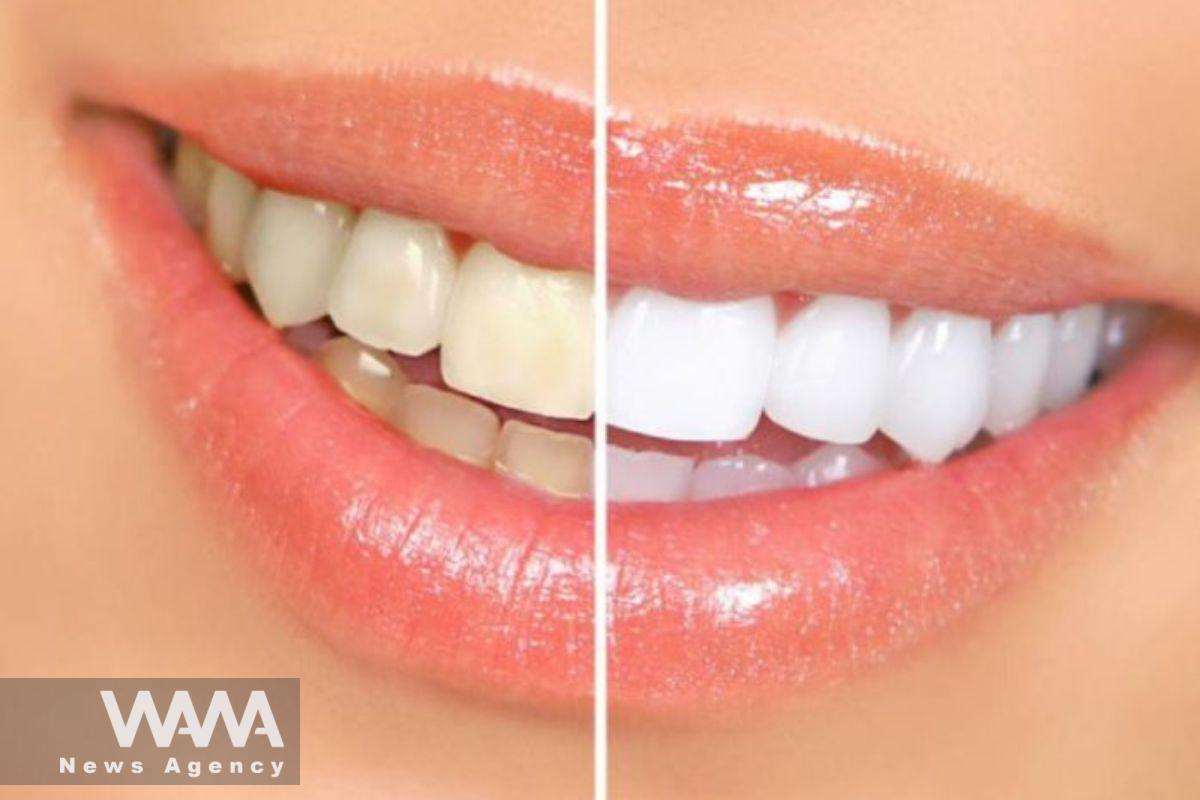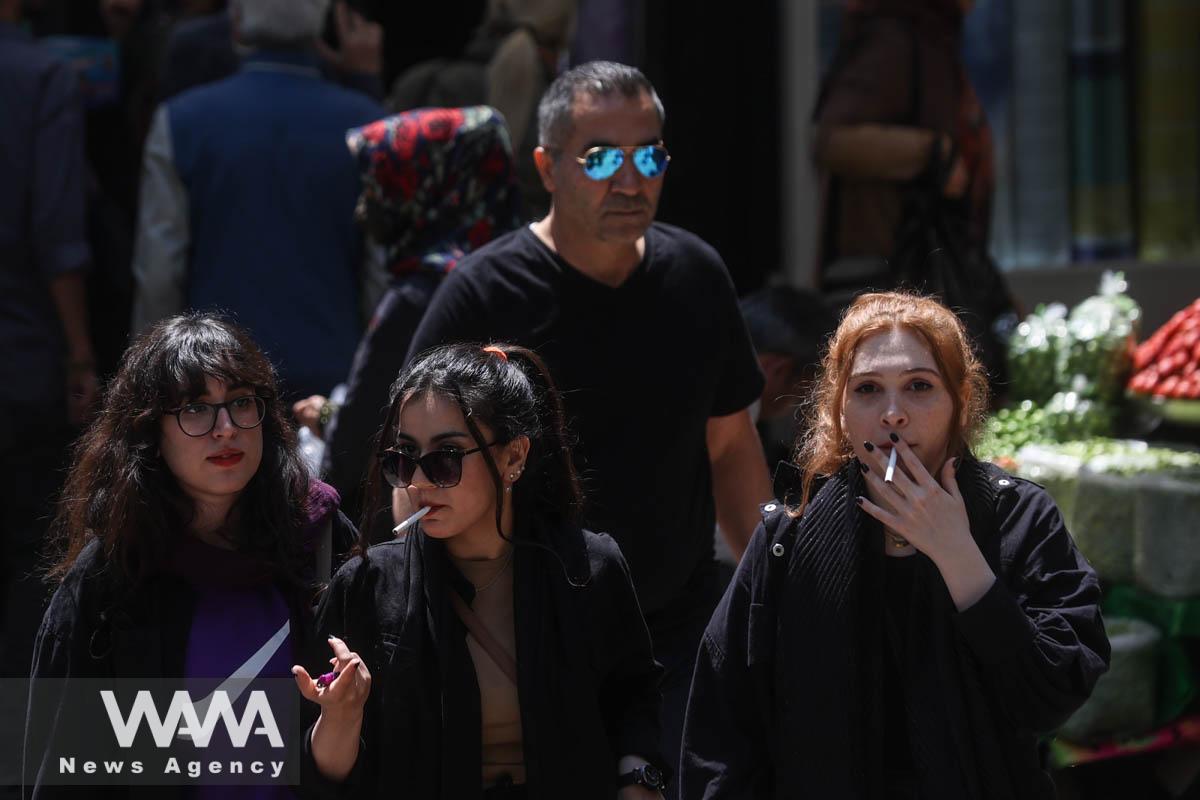The New Generation in Iran: Surgeries to Cultural Changes
WANA (Jan 09) – The new generation in Iran has witnessed profound and remarkable transformations. Generation Z in Iran, as a young generation raised in the digital era, is rapidly shaping and influencing the social and cultural trends of the country.
Among the most significant characteristics of this generation are notable changes in attitudes, behaviors, and personal priorities, which are heavily influenced by media and advertisements.
Cosmetic Surgeries: From Treating Abnormalities to Social Standards
One of the issues that has become highly prevalent in Iranian society is the trend of cosmetic surgeries. These procedures, which were once limited to treating abnormalities and medical problems, have now turned into a social phenomenon.
Many individuals, especially the youth, pursue physical alterations despite the high costs, often relying on bank loans, post-dated checks, or promissory notes.
Surgeries that were previously performed solely for medical purposes have now become a form of luxury. Many individuals, especially young women, undergo procedures to alter their natural noses for a more “fanciful” appearance, even without having any specific issues.

Iranian actress’ appearance change. Social media/ WANA News Agency
Other parts of the body are also subjected to unnecessary cosmetic surgeries. Widespread and misleading advertising on social media has led people to believe that standardized beauty can only be achieved through cosmetic procedures.
According to Ebrahim Razmpa, a member of the board of the Iranian Scientific Association of Rhinology, the approved minimum age for surgery used to be 18. However, scientifically, this age has now been lowered, allowing girls to undergo surgery starting at 14 and boys after the age of 16.
Media, Celebrities, and Psychological Impacts
The widespread advertising by domestic and international media, as well as its portrayal in movies and particularly the activities of celebrities in this area, play a significant role in shaping these attitudes.
Dr. Zahra Ghorbani, head of the Oral and Dental Health Office at Iran’s Ministry of Health, points out that many celebrities, by sharing images of themselves after undergoing expensive cosmetic surgeries, unconsciously instill in people the belief that to be beautiful and fit, they must conform to specific standards.

This advertising drives many individuals toward purchasing unnecessary beauty services and products, which in some cases can harm their health.
These influences are not limited to facial cosmetic surgeries but are also evident in dentistry. Dr. Ghorbani warns that cosmetic dental treatments, such as composite veneers or laminates, may damage dental health, causing gum inflammation or bone loss.
Increase in Tobacco and Cigarette Use Among Girls
In addition to cosmetic surgeries, the new generation in Iran is experiencing other changes. One of these is the rise in tobacco consumption, particularly among girls. According to statistics from Iran’s Ministry of Health, in 2021, tobacco use increased by 3% among men and 11% among women.
Tobacco use among adolescents aged 13 to 15 has also shown a 13% growth, with a staggering 133% increase specifically among teenage girls. This upward trend is attributed to the widespread advertising of flavored cigarettes, electronic cigarettes, and the availability of smuggled cigarettes, which are easily accessible to the younger generation.
This rise in tobacco consumption among girls comes despite the fact that smoking and hookah use were previously considered taboo for them. However, cultural and social changes have led to a breakdown of the stigma around smoking in public, making cigarette use increasingly common among women.

Iranian women walk in a street in Tehran, Iran December, 2024. Majid Asgaripour/WANA (West Asia News Agency)
Changing Attitudes and Life Priorities of the New Generation
One of the most prominent characteristics of the new generation in Iran is their shifting attitude toward social and cultural issues. Generation Z, now entering adulthood, no longer places as much emphasis on values such as religiosity and family as previous generations did.
Instead, they focus more on appearances, beauty, and material matters. This change in perspective has led to delays in the marriage process within society, with many young people choosing to avoid marriage and parenthood in favor of personal enjoyment and self-fulfillment. The rising age of marriage, increasing rates of singleness, and higher divorce rates are among the consequences of these social changes.
The new generation, rather than prioritizing family formation and child-rearing, seeks personal experiences and strives for comfort and well-being. These shifts in attitudes have not only transformed individual priorities but have also brought about broader social changes.
With the decline in birth rates, according to the Secretary of Iran’s National Population Headquarters, one-third of Iranians will be elderly by 2051.Currently, the average age of Iranians has risen from 22 to 32 years, and today, 10% of Iran’s population consists of elderly individuals. However, it is projected that this figure will triple in the next 40 years, posing significant challenges for the country.
Secretary of Iran’s National Population Headquarters: “One-Third of Iranians Will Be Elderly by 2051”
Currently, the average age of #Iranians has risen from 22 to 32 years.
Today, 10% of #Iran‘s #population is elderly, but within the next 40 years, this figure is expected to… pic.twitter.com/NNnPUZ62cg
— WANA News Agency (@WANAIran) January 1, 2025












